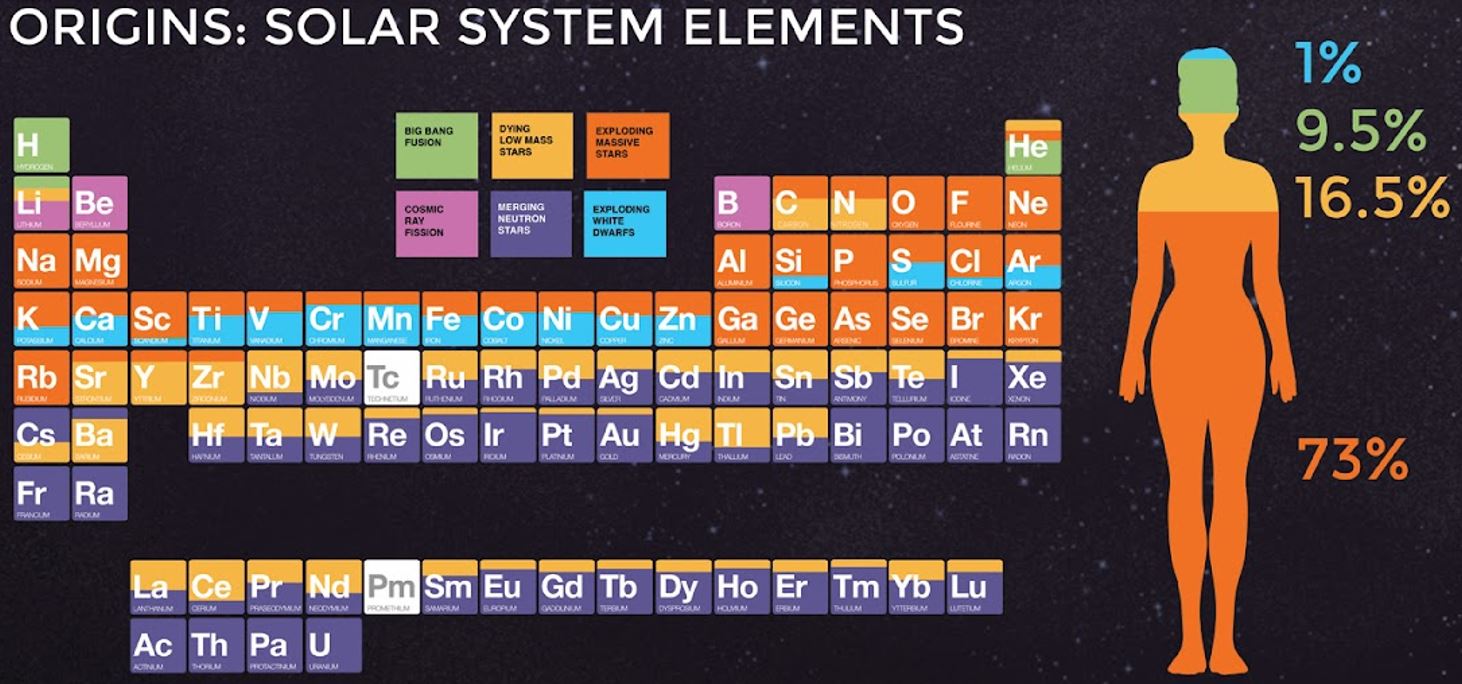How One Football Star Exposed the Workplace Hazard that is Twitter

It’s startling to think that a six-foot one-inch, 230-pound football star can be undone by 140 little characters, but that’s exactly what happened to Kansas City Chiefs running back Larry Johnson. Upset by his team’s poor performance, Johnson lashed out against his coach in a hate-filled Twitter post that got him suspended and then released by the team. It’s the most high-profile instance of something people have been murmuring about for a few months, being fired for tweeting.
To be fair, no one came to Johnson’s defense after he used a homophobic slur on Twitter to refer to his coach. But it’s just the latest example of how a little discretion should be considered online, especially if your workplace is involved in any way.
Prior to Johnson, the most widely-publicized example of online expression bringing an unceremonious end to someone’s employment was a Beverly Hills waiter named Jon-Barrett Ingels. Apparently Ingels took to the internet to tell everyone about some of the actors he had served, leading to his untimely dismissal. But Twitter-related firings have been surprisingly common in the political realm as well.
A senior official in the Florida GOP was canned for using Twitter with a more malicious intent. Tim Nungesser, director of the party’s field operations in the state, started a fake Twitter account to discredit Jason Steele, chairman of the Brevard County GOP and a vocal critic of Florida’s Republican leadership. He was quickly canned by the party.
This past summer, the DC Department of Employment Services fired David Le after reading his uncouth tweets. A contractor hired to work with city youth in a summer jobs program, Le used his Twitter account to refer to the areas he worked in as “ghetto.” “If I get scared, I will just yell Chinese carry-out,” he tweeted. “They will not shoot me.”
These other stories made some waves in local news, but Johnson’s fall from grace could be the first national warning that buyer beware when looking to express yourself online. No first amendment arguments here, Twitter can hurt your career if used irresponsibly.




